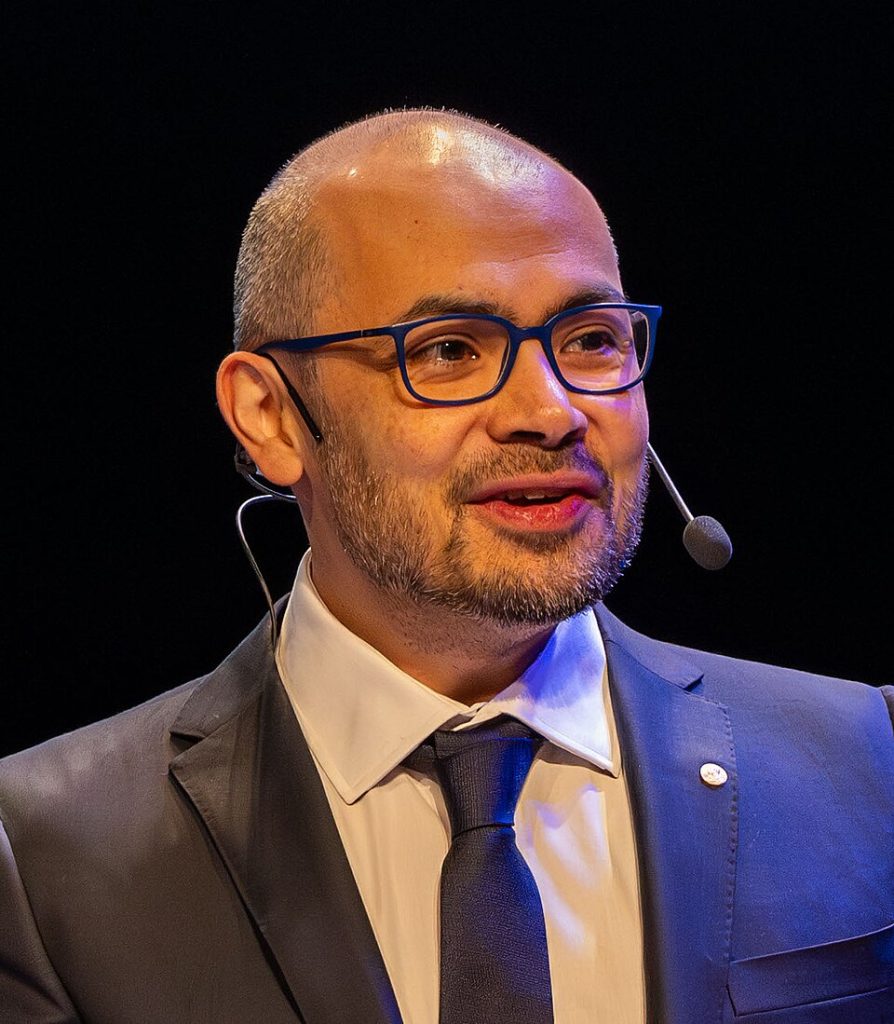London, United Kingdom—Artificial intelligence pioneer and head of Google’s Deepmind, Demis Hassabis on Monday said that greater international cooperation around AI regulation was needed but “difficult” to achieve “in today’s geopolitical context.”
At a time when AI is being integrated across all industries, its uses have raised major ethical questions, from the spread of misinformation to its impact on employment, or the loss of technological control.
At London’s South by Southwest (SXSW) festival on Monday, Hassabis, who has won a Nobel Prize in Chemistry for his research on AI, also addressed the challenges that artificial general intelligence (AGI)—a technology that could match and even surpass human capability—would bring.
“The most important thing is it’s got to be some form of international cooperation because the technology is across all borders. It’s going to get applied to all countries,” Hassabis said.
“Many, many countries are involved in researching or building data centers or hosting these technologies. So, I think for anything to be meaningful, there has to be some sort of international cooperation or collaboration and unfortunately that’s looking quite difficult in today’s geopolitical context,” he said.
At Paris’s AI summit in February, 58 countries—including China, France, India, the European Union and the African Union Commission—called for enhanced coordination on AI governance.
But the US warned against “excessive regulation,” with US Vice President JD Vance saying it could “kill a transformative sector.”
Alongside the US, the UK refused to sign the summit’s appeal for an “open,” “inclusive” and “ethical” AI.
Hassabis on Monday advocated for the implementation of “smart, adaptable regulation” because “it needs to kind of adapt to where the technology ends up going and what the problems end up being.”

